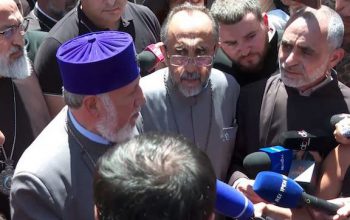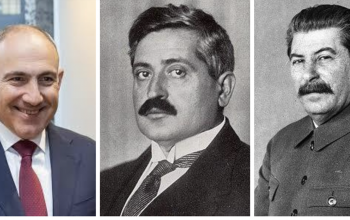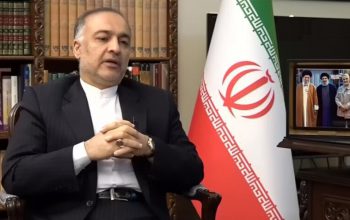A senior European Union official has offered a cautious response to Armenia’s recent legislative push toward EU integration, highlighting the bloc’s wait-and-see approach amid growing geopolitical tensions between Brussels and Moscow.
In January, the Armenian government approved legislation declaring the “start of a process of Armenia’s accession to the European Union,” which was passed by parliament in April. While officials in Yerevan have insisted this is not a formal membership application, the move signals a deeper pivot toward the West—one that has not gone unnoticed in Moscow or Brussels.
Speaking to Azatutyun, EU Enlargement Commissioner Marta Kos refrained from endorsing the Armenian initiative. “What happened in the Armenian parliament shows that the effectiveness of the EU is higher than it used to be,” she said diplomatically. She noted that any formal application must come from “a European state,” but added, “We haven’t got the application yet—then we will see.”
The EU’s careful tone underscores the complexity of Armenia’s position, wedged between its longstanding security and trade dependence on Russia and its growing aspirations for closer ties with the West.
Russia has repeatedly warned that EU accession is incompatible with Armenia’s obligations as a member of the Eurasian Economic Union (EEU), the Moscow-led bloc that coordinates customs, tariffs, and trade regulations across several former Soviet republics.
This week, senior Russian Foreign Ministry official Mikael Agasandian renewed the warning, calling Armenia’s EU bill “declarative” for now but hinting at consequences should Yerevan move beyond symbolism. “It is obvious that at a certain stage of such rapprochement, the demands of Brussels … will come into conflict with Yerevan’s commitments within the [EEU],” he told RIA Novosti. “We have the necessary international legal mechanisms to protect the interests of the other member states.”
Agasandian pointed to key areas like customs, trade policy, and technical regulation, warning that any divergence from EEU law would be treated as a violation of the bloc’s founding treaty.
The threat is not idle. Russia accounted for over 41% of Armenia’s foreign trade in 2023, dwarfing the EU’s 7.7% share. In recent years, Moscow has used trade access and gas prices as leverage against other post-Soviet states that drifted westward, including Ukraine and Moldova.
Yet Armenia’s tilt toward the EU comes amid deepening frustrations with Moscow’s perceived abandonment of its security commitments, particularly in the aftermath of Azerbaijan’s seizure of Nagorno-Karabakh in 2023. As Pashinyan’s government reorients foreign policy, the economic risks loom large—and so does the question of whether Europe is willing to do more than applaud from the sidelines.




